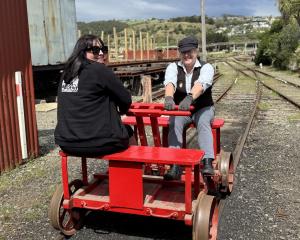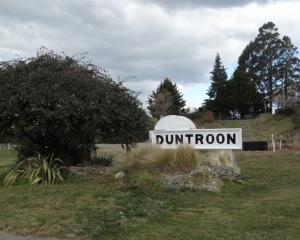The Waitaki District Council is working to improve wastewater treatment in settlements, completing three projects recently and investigating others, despite the significant financial impact on ratepayers.
Issues with some treatment plants in the district, notably at Moeraki and Kakanui which had significant issues, were raised at an Otago Regional Council meeting last week.
The Waitaki council's water and wastewater asset manager Martin Pacey said the council had been upgrading its wastewater systems since 1994 and invested heavily to meet environmental and health standards.
Finding wastewater solutions affordable for the district's small, geographically isolated communities that can meet required standards was a huge challenge requiring careful planning and significant ratepayer funding, he said.
Wastewater upgrades also coincided with water supply upgrades required to meet the Government's drinking water standards, adding to costs.
That hit some communities with a small ratepayer base hard, with wastewater, water and roading upgrades too.
In Moeraki, land stability was costly for ratepayers as well.
Recent upgrades for Kurow, Otematata and Omarama proved successful, with ongoing costs controlled and environmental performance improved, and with long-life consents issued.
Planned wastewater upgrades for the whole district should be complete within three years and interim consents were issued for Moeraki and Kakanui while upgrades were completed.
''Works are well under way for wastewater upgrades at Kakanui, Palmerston and Moeraki,'' Mr Pacey said.
The council recently decided, in consultation with the community, to connect Kakanui to Oamaru this year.
Palmerston was issued with a new consent to allow spray irrigation of wastewater on to land within the next 12 months, maximising wastewater in a water-short area.
''Moeraki is the final significant planned wastewater upgrade. However, replacement for this is not straightforward, with no easy, affordable solution.
''Five options are being considered, but with only 200 users to pay for any improvements, affordability is a major issue.''
The council was close to determining an acceptable and affordable solution.











